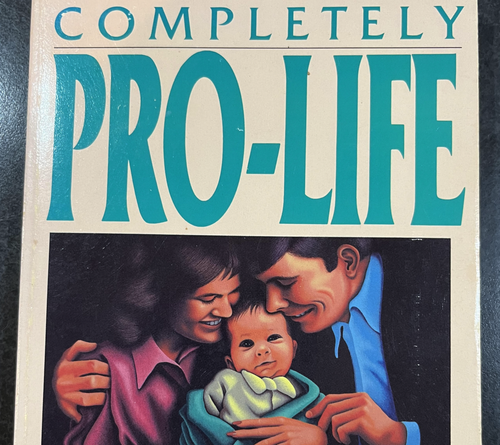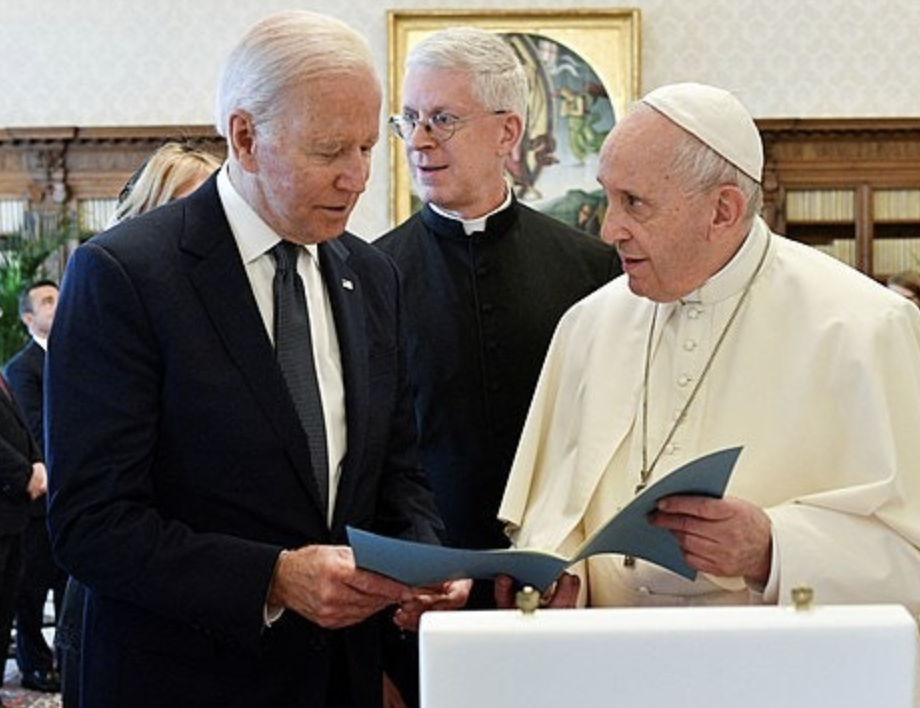Serious fasting is hard, even for a Catholic archbishop, especially when the aroma of spaghetti sauce is wafting through a church during an Italian community dinner.
San Francisco Archbishop Salvatore Cordileone learned that lesson during California's bitter battles over the meaning of "marriage," "family" and other common terms that had become controversial. But he had promised to join in 100 days of prayer, and 40 days of fasting, as part of an ecumenical coalition's efforts to defend centuries of teachings on sexuality.
It was evangelical Protestants who proposed the fast, even though traditional Catholics have practiced that discipline for centuries.
"They meant serious fasting — like not eating, or eating very little, just one meal a day. So, not just giving up dessert, you know?", said Cordileone, during this summer's "Issues, Etc." conference at Concordia University in Chicago, sponsored by Lutheran Public Radio. (This independent online network also produces my GetReligion.org podcast.)
The inside joke about Catholics "giving up dessert" hit home, even though he was speaking to Missouri Synod Lutherans.
There was a time when Lutherans would not have invited a Catholic archbishop to this kind of event, said Cordileone. There was a time when it was rare for Catholics to cooperate with evangelicals and other believers seeking common ground on moral and social issues.
"To tell you the truth, I actually long for the good old days when we used to have the luxury to fight with each other over doctrinal issues," said Cordileone, drawing laughter. "But right now, the ship is going down. … The crew cannot afford to stand on the bridge and discuss the best kind of navigation equipment to use — when the ship is going down."
The "ship," he stressed, is not the church — "It's our civilization."










